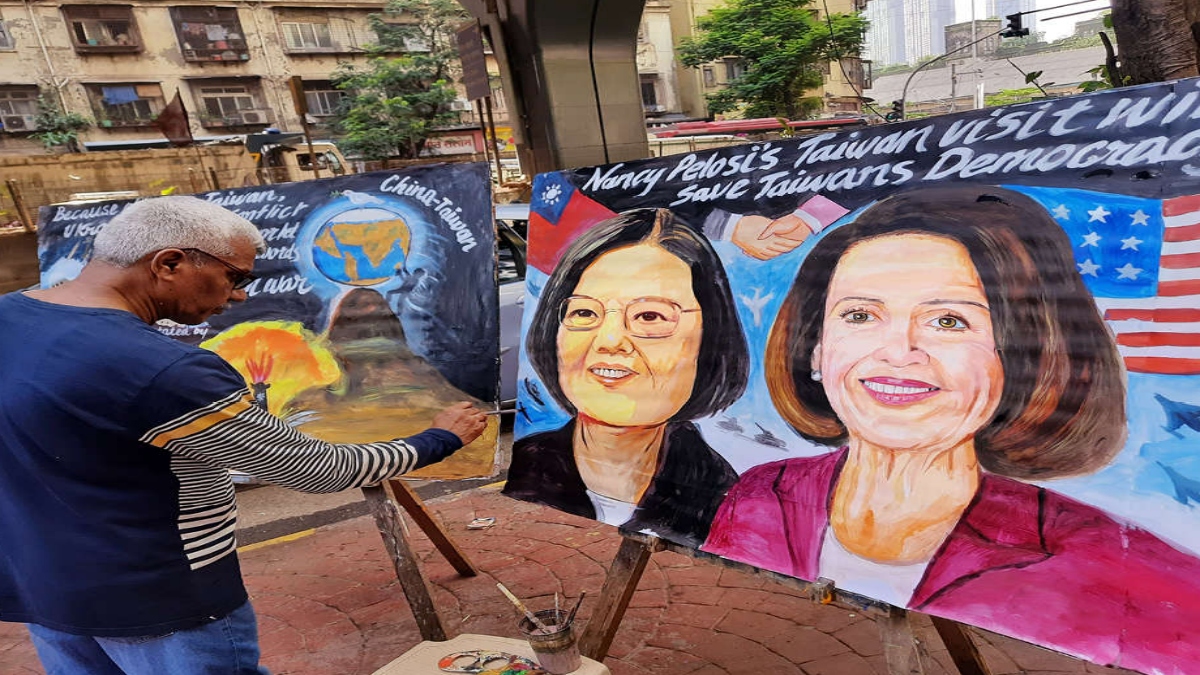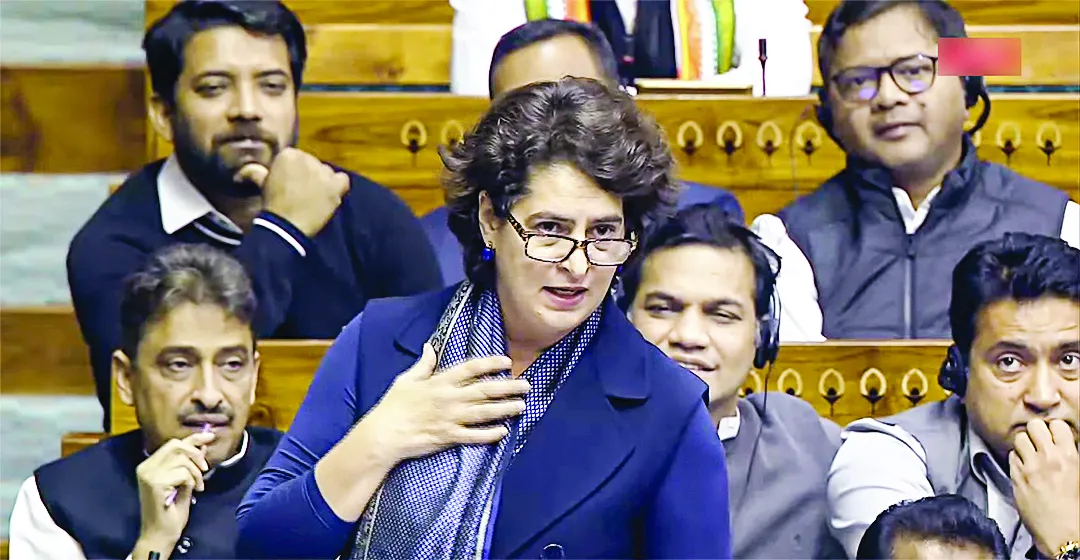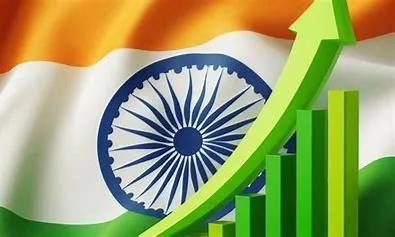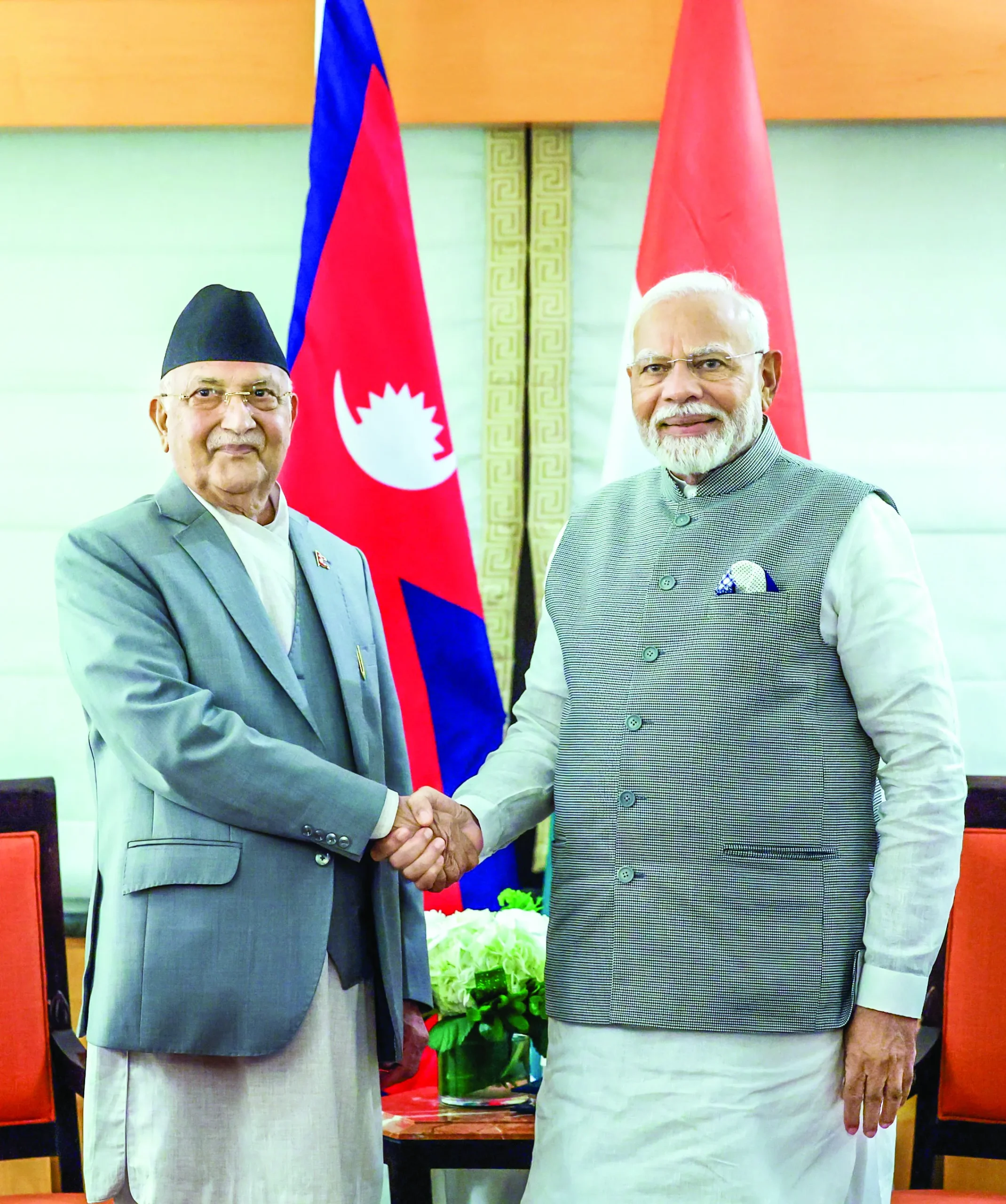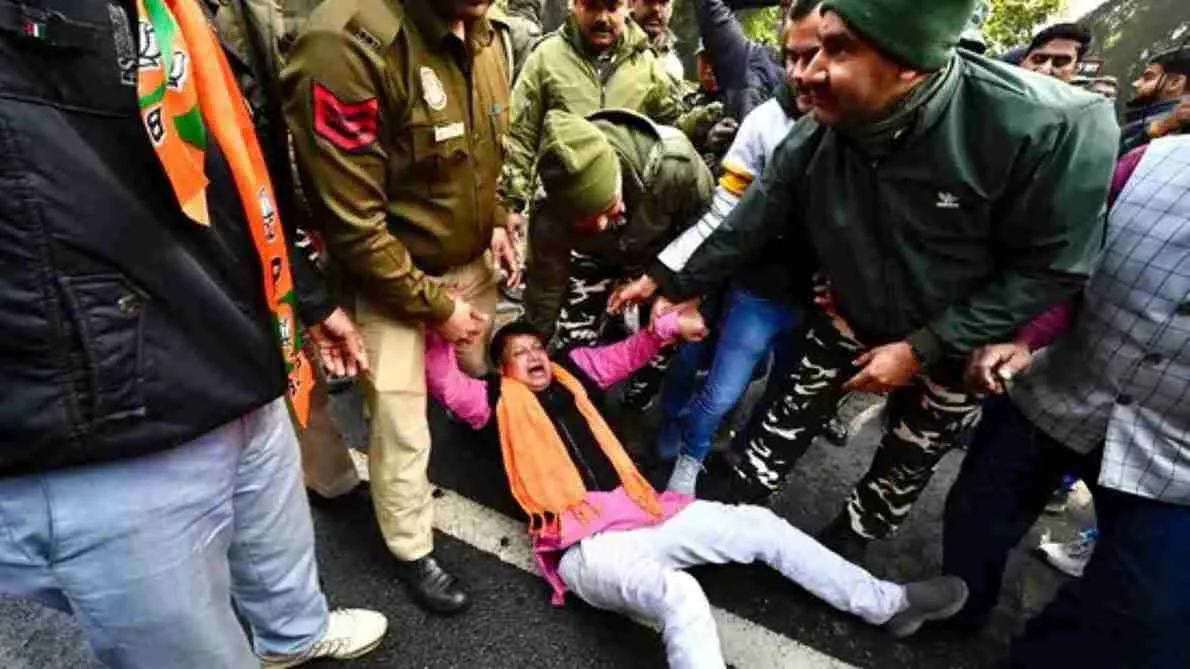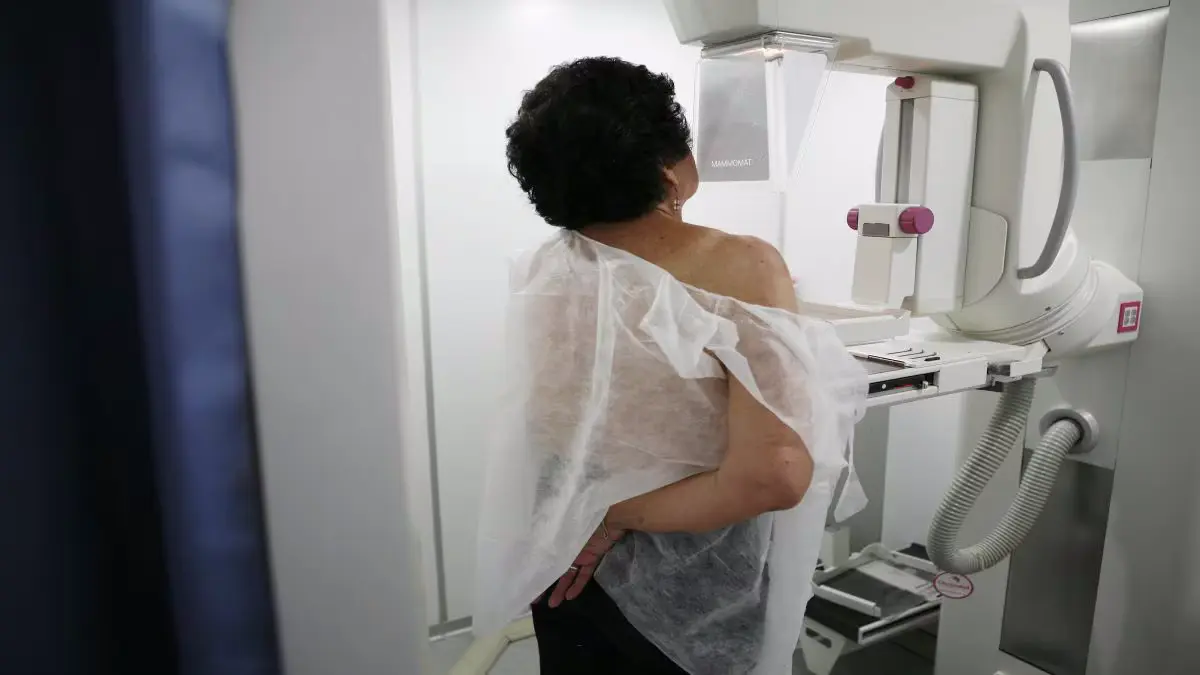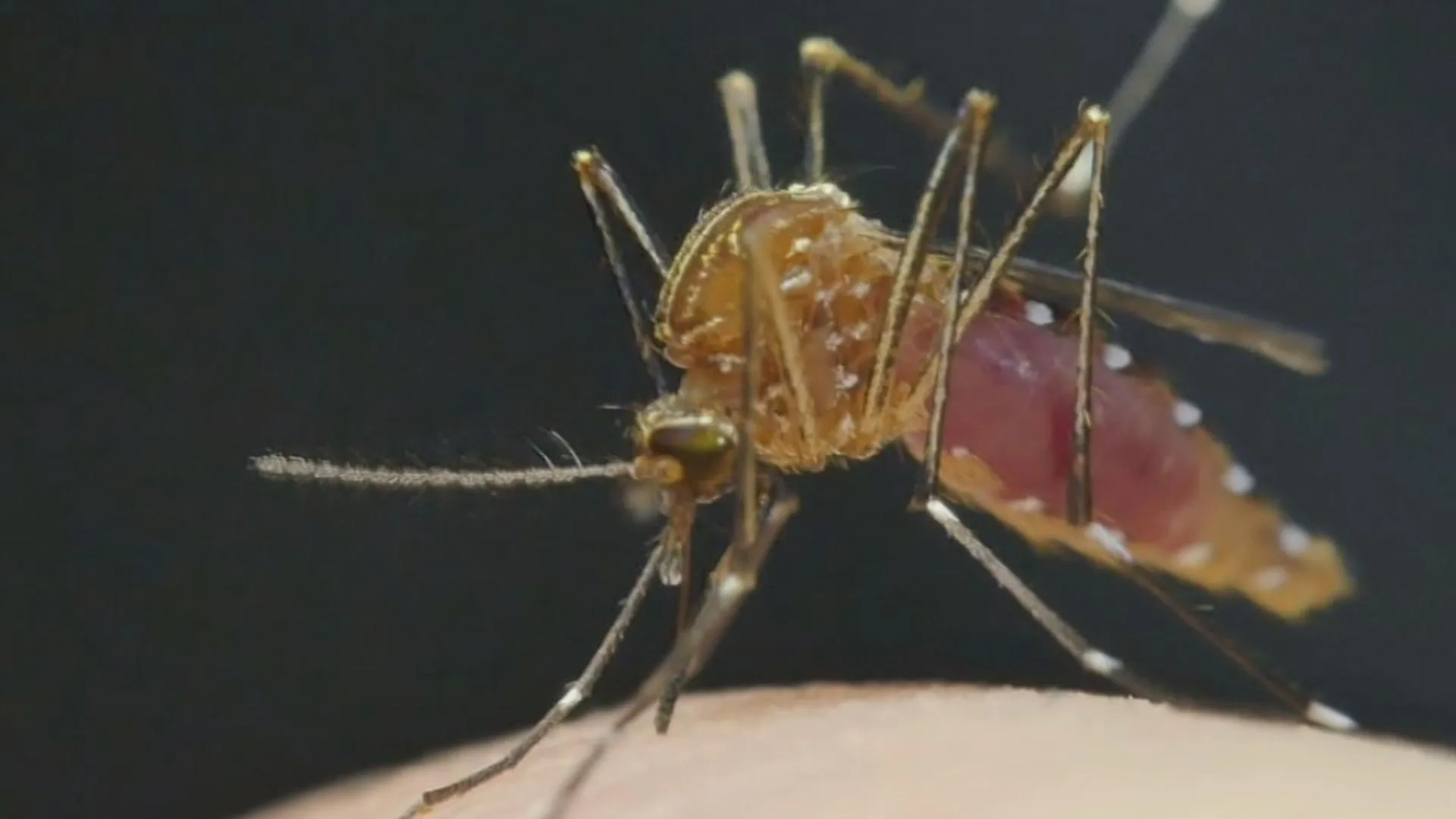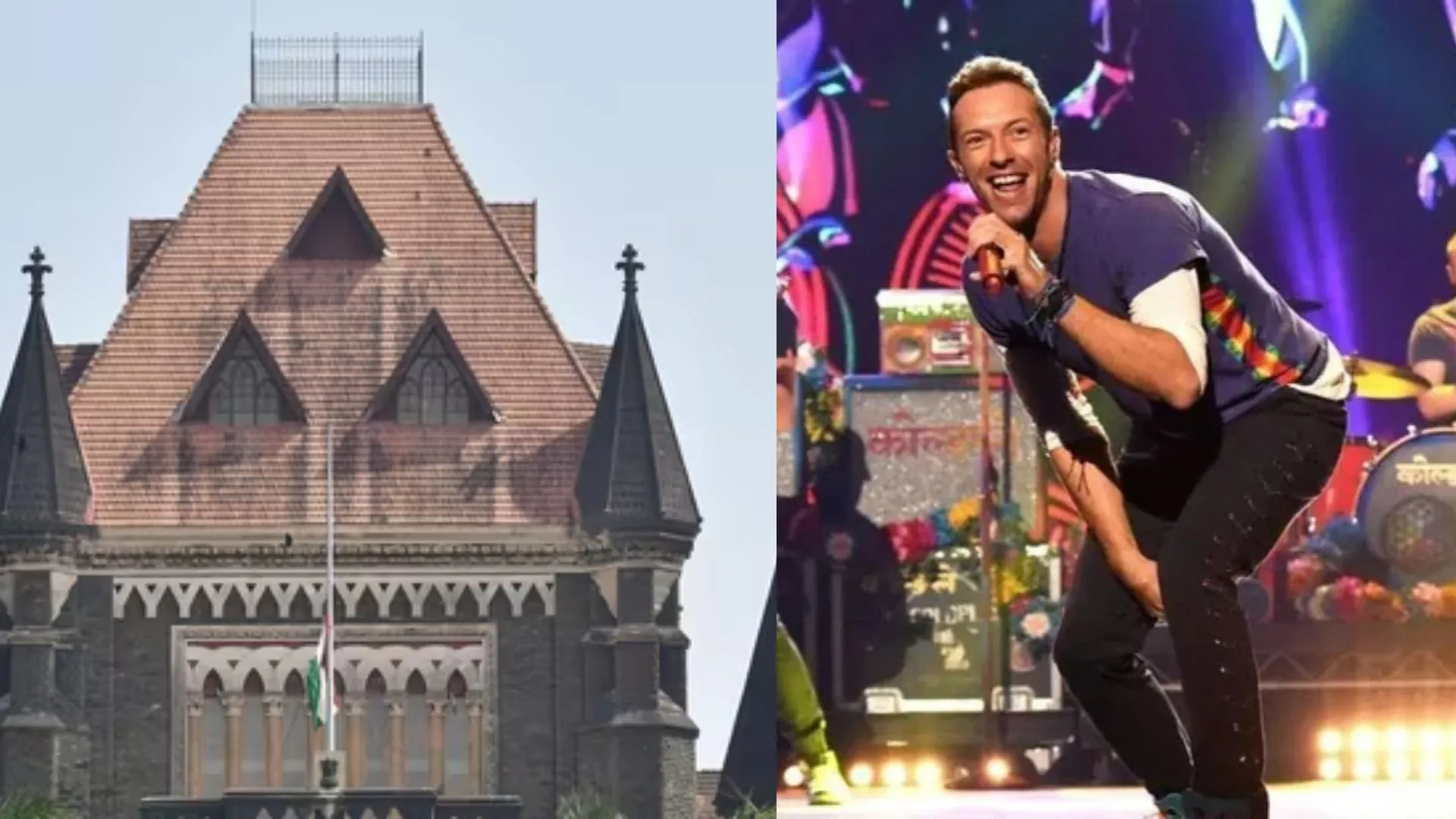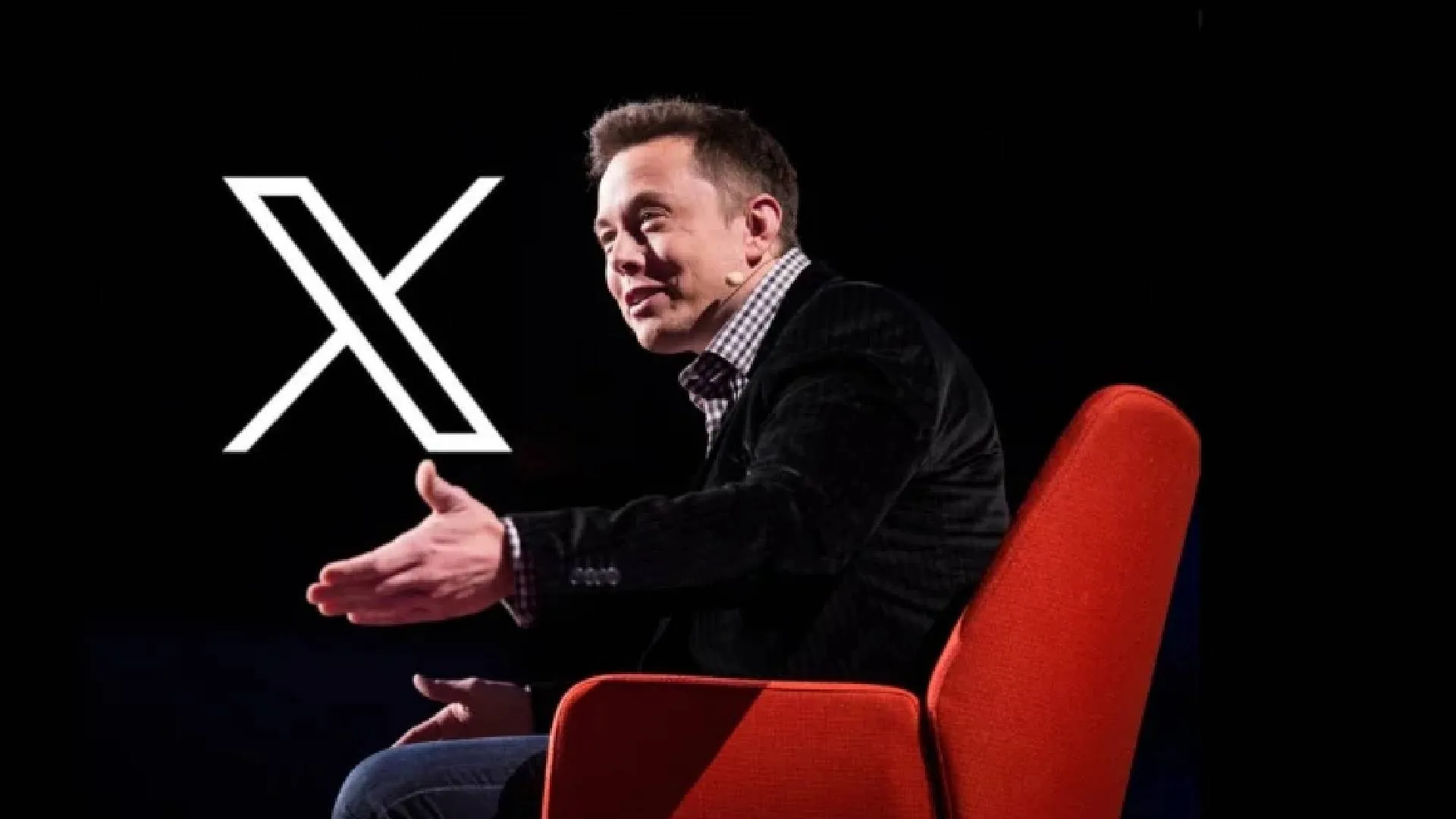Nancy Pelosi’s visit to Taiwan in the first week of this month created political tremors in the world, and she said the US stands with Taiwan to protect their democracy. Last week, the US went a step ahead and announced that they would start formal trade negotiations. Trade negotiations include trade facilitation, anti-corruption standards, and digital trade. President Biden’s coordinator for the Indo-Pacific region, Kurt Campbell, said, “Trade talks would strengthen and deepen the ties with Taiwan and stressed that policy was not changing.” Following Pelosi’s visit, Xinping seemed in an uncanny trepidation to protect his “macho” image, so he had to conduct military drills in six designated areas surrounding Taiwan for a week. Still, the Chinese Taiwan office issued a white paper emphasising the “peaceful reunification” with the self-ruled island. The white paper also mentioned that “It has the right to use force” to invade Taiwan.
In 1979, the then President of the US, Jimmy Carter, established formal diplomatic ties with Beijing and recognised the “One China Policy.” As a result, the US severed ties with Taiwan and closed its embassy in Taipei. After 28 years, in 1997, the then Lower House Speaker of the United States, Newt Gingrich, visited Taipei after Chinese preconditions not to fly directly from the mainland of China to Taipei. Gingrich flew to Taipei from Tokyo. Then, China was not too ambitious to become a superpower, and just months were left to take back Hong Kong from Britain. In 2022, Pelosi, the current lower house speaker of the United States, paid a visit to Taiwan. Pelosi’s visit to Taiwan took place after strong opposition from China, and it’s not the first time Pelosi has reviled China. She has been an ardent and staunch critic of the Chinese government. She visited Tiananmen Square in the heart of Beijing in 1991, two years after the “June Fourth incident,” or 6/4, and displayed a banner to offer the prayers of deceased demonstrators. In the spring of 1989, protesters held a series of demonstrations demanding greater political freedom and significant reforms in China’s communist party. On 4 June 1989, Chinese troops fired on protesters in Tiananmen Square, crushing and arresting them.
Earlier, most Chinese leaders thought the invasion of Taiwan would be easy and quick, but in practice, it won’t be easy. After seeing Russia’s war with Ukraine, Chinese leaders might have realised the complexity of the invasion. The Chinese invasion of Taiwan would also demolish its will to become a superpower, as it would then face economic sanctions from the world and invite the USA into the Asia-Pacific region directly. Some of the western countries may not join directly in support of Taiwan if China tries to conquer Taiwan, but they will lend all kinds of support to Taiwan to prevent China. China also knows that conquering Taiwan is not like Tibet or Xinjiang and that it is challenging to hide human rights violations. Taiwan is very connected with the world, having a strong Internet and high technology. Even if they cut the internet in Taiwan, satellite images and high technology will help expose the atrocities to the world. Indeed, it could damage China’s reputation in the world. Japan and Australia have already announced their support for Taiwan. Because of ownership issues on the Senkaku islands, Japan needs an independent Taiwan to counter China. The Chinese agreement with the Soloman Islands worried the USA and its allies, mainly Australia. This agreement could pave the way for China to establish a naval base on the islands. It would hurt Australia’s interests and set back Australia’s foreign policy.
The Chinese economy is not like Russia’s; Russia’s economy, moreover, depends on the energy sector and has limited economic relations with the world. But China is the largest trading country in the world by combining imports and exports. The USA and its allies are top trading partners for China; sanctions from the USA and its allies may prove fatal enough to blow China’s economic growth into smithereens. On the other hand, the Russia-Ukraine war made Russia and China closer and more robust. Previously, as a result of Western sanctions over the Crimea crisis, Russia began to strengthen its ties in trade and strategic sectors. Last year, Russia and China held a large-scale joint military exercise in north-central China, where more than 10,000 troops were involved. In that exercise, Russian soldiers used Chinese weapons for the first time in history. With Pelosi’s recent visit to Taiwan, Russia would be happy to divert the issue from Ukraine, and it is keen to watch the developments. China and Russia’s stronger relationship is in no way good for the west and the USA, especially for India. Western countries should also be careful about recent developments. Generally, China and Russia are not natural allies. Sanctions imposed by the United States and its allies on Russia bring China and Russia closer together in pursuit of a common perception. In the near future, China can become an economic challenger to the west and the USA, but not Russia.
INDIA’S STAND
India may use a similar kind of strategy in the future to check China. China has protected Jaish-e-Mohammad and Masood Azhar for far too long. Beijing has refused to lift its “technical hold” on a proposal to designate Azhar as a global terrorist under UN Security Council Resolution 1267, which mandates sanctions against designated terrorists and terrorist groups. China has blocked India’s proposal, made in February 2016 following the Pathankot terror attack, to designate Azhar as a global terrorist four times, most recently in January 2017. Beijing could not expect New Delhi’s support for Taiwan. On the other hand, India and Taiwan concluded a bilateral trade agreement in 2018. Free trade agreement (FTA) talks are still pending and negotiations are going on. Taiwan is strong in semiconductor technology and hardware equipment. Taiwan can create a semiconductor hub in India as India sees a digital technology explosion.
Pelosi’s visit to Taiwan could be a much-needed impetus for India. Over the last decade, China has been constructing new infrastructure and increasing its presence in the Tibetan and Xinjiang regions. With this development, China may increase its presence and infrastructure in its eastern part. China would also try to change her attitude toward India for New Delhi’s support on the Taiwan issue. Though India has supported the “One China Policy,” it has not been reiterated publicly or in any bilateral meetings for over a decade. Interestingly, Modi invited the Taiwanese ambassador and first sikyong of the central Tibetan administration, Lobsang Sangay, for his oath-taking ceremony in 2014. It indicates that India can’t be a marionette in the Asia-Pacific region, especially on China’s issues. Now it’s the time for New Delhi to move forward and strengthen trade and diplomatic relations with Taiwan.
Venkata Krishna Rao is a Research Scholar at IIT Varanasi.

